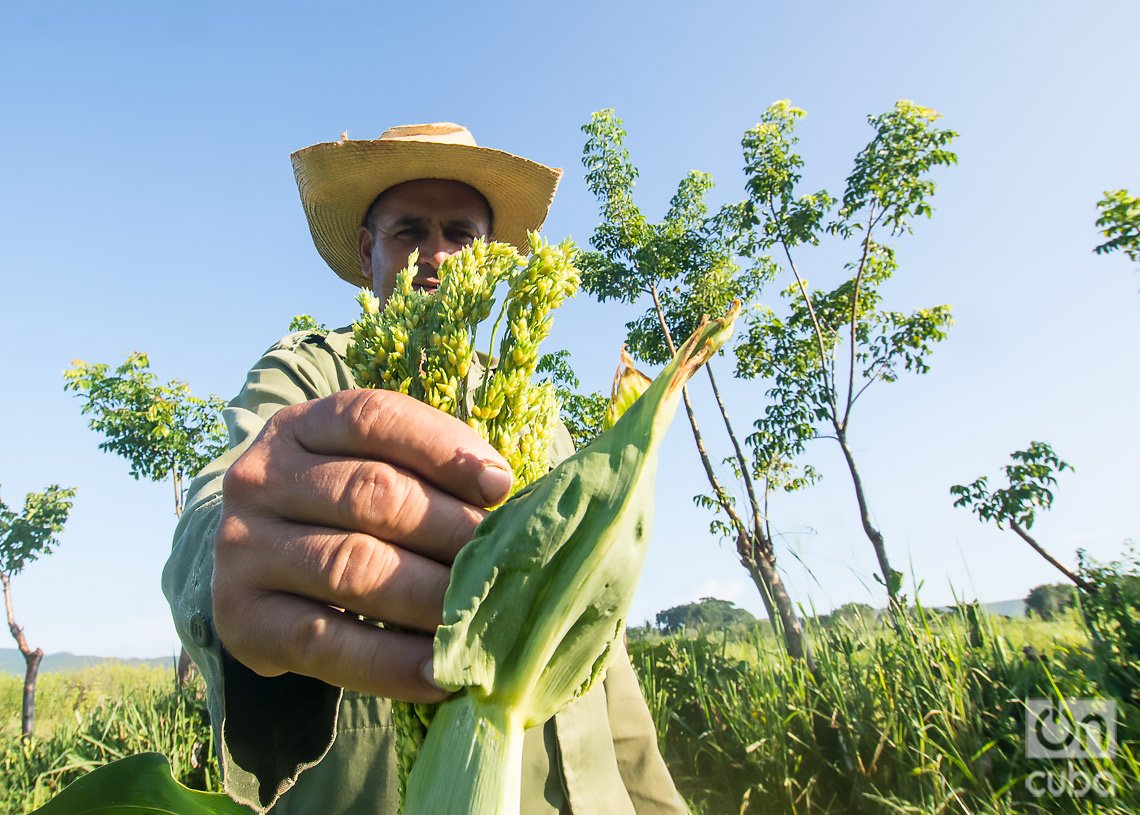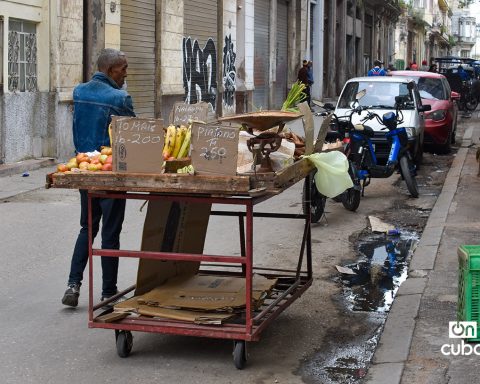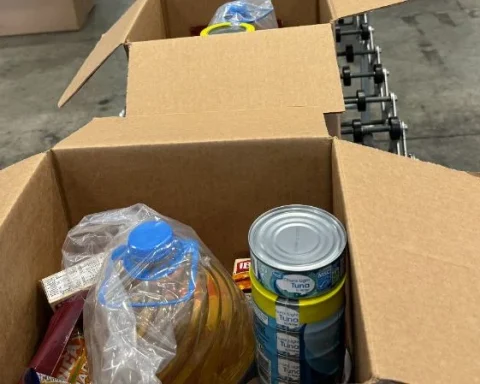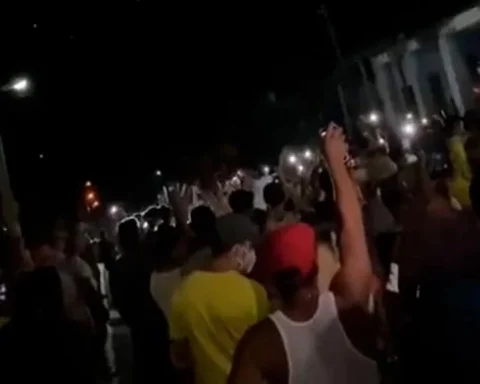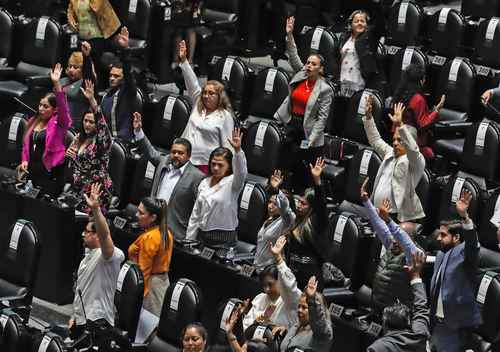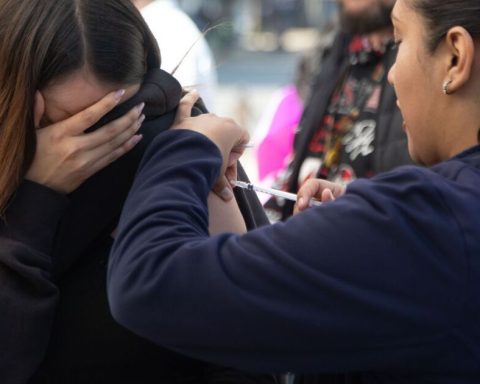Shortly after 4:00 in the morning, when even dogs sleep, Raudel Tápanes has already thrown himself out of bed at his home in San Juan, a small town on the outskirts of killings. She strains coffee, pours it into a rustic aluminum pitcher, and sips it as she walks around the patio shirtless, wearing faded blue pants and rubber boots that are almost glued to her body.
The silence of the night does not prevent him from feeling the breathing of the dozens of animals that he has in a huge open space behind his house, separated into different plots. One by one he counts them in the middle of the dark, shortly before putting on an olive green shirt and heading for his usual routine, the same one that he repeats 365 days a year, for several years now.
Raudel goes down the stairs, crosses a quagmire and one by one takes out the more than 20 cows that he is about to milk by hand. The process seems to go slowly, at the pace of a tired ox —as Los Van Van would sing—, but the peasant’s rhythm is unstoppable.
Before the sun rises, several aluminum tanks are already full of milk to deliver to the collectors, and goats, cows, pigs, mares, guanajos, pigeons and guinea pigs have already been fed, animals that Raudel attends to with extreme dedication. .
“This is not so simple. Raising animals is not giving them food and that’s it; You have to be aware of any disease, look for medicines to deworm them, take care of them, deliver babies… Everyone thinks about the final fruit, but the process is long and requires a lot of sacrifice”, he tells us, while he searches like crazy for something that is has lost
“Where will the hat be? Let me see if I find it, because a peasant without a hat is not a peasant”, he says with a burned face, while the traces of so much time dedicated to animals and crops are gradually exposed as the dim light of dawn appears. on the horizon
Although almost three hours have passed since Raudel left for work, the day is still beginning. “There are lands to attend to!” He exclaims, as he mounts the mare to advance to a farm that he has near the house.
“In addition to the animals, the crops are a fundamental part of the work and also take time and effort. Crops don’t happen by themselves: you have to plow, sow, see their development, fertilize, fumigate, water and then harvest. All this I tell you in ten seconds, above, but this is from dawn to dusk, month after month, for years. The ‘click’ here is the 365 days; It doesn’t matter if it rains, if it’s cold or hot, if you’re sick, sad, down, tired, ”she says.
Peasants have no days off, no holidays, no New Year, no birthdays. The enjoyment is limited to a few specific hours and, at night, the sleep is not very deep either because of the concern that someone breaks into the farm to steal. They have to deal with a job of enormous physical effort, under a frequently hostile climate, but also with numerous obstacles beyond the furrow.
“People think that the peasant has a lot of money, without knowing that sometimes months go by without paying you for a harvest, the production, the sacrifice —he says knowingly—… That is why I say that to cultivate the land you have to like it, you have to love what you do and have knowledge, support and resources. If not, you’re on board.”
